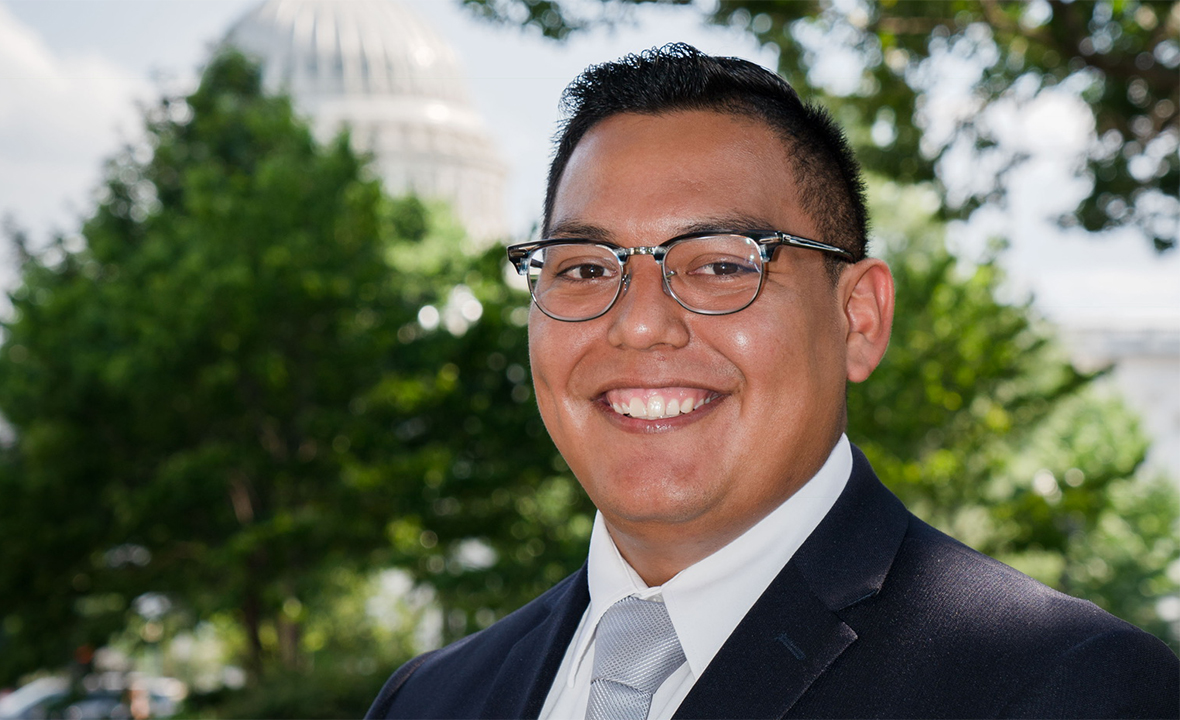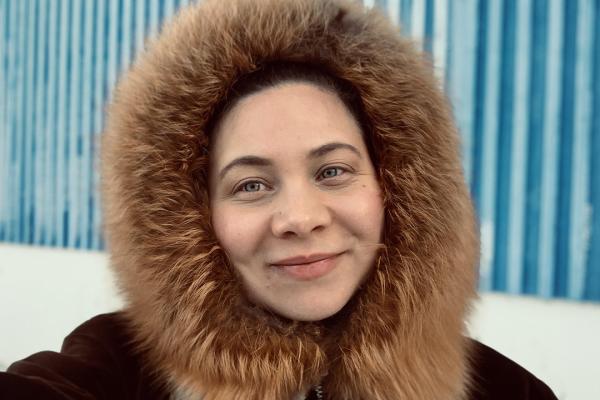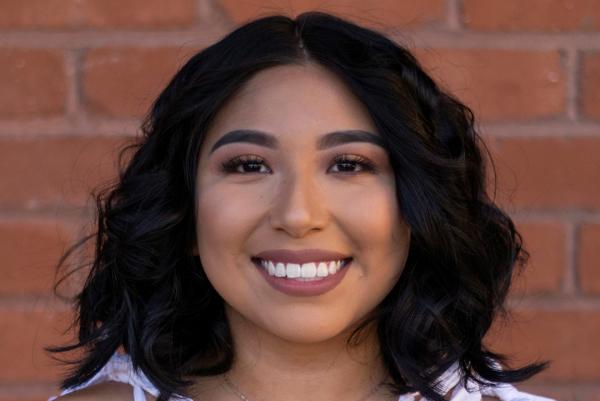“I'm glad I was able to share my knowledge and culture with many different people from various backgrounds around the globe. I was also humbled to be able to share what my experience has been like being a Native in higher education,” said Terance Fields (Pawnee Nation), an NAPLP scholar commenting on his experience participating in a youth panel on education and global Indigenous rights during the January 24 International Day of Education celebration.
Fields, one of our Indigenous students enrolled in the spring 2021 session of the Native American Political Leadership Program (NAPLP), was invited to participate in the webinar “The United Nations and Indigenous Peoples: Advocating for Education.”
Fields, who is pursuing his master’s degree in public diplomacy at Oklahoma State University, is also interning with the UN Permanent Forum on Indigenous Issues via the NAPLP Program.
The speaker lineup included two more NAPLP students from the spring cohort, Allissia Bandin (Tohono O’odham) and Samantha Harrison (Inupiat), as well as Dr. Elizabeth Rule (Chickasaw Nation), Director of the AT&T Center for Indigenous Politics & Policy (AT&T CIPP) at The George Washington University’s College of Professional Studies, who oversees the program.
During the webinar, Dr. Rule and the three NAPLP scholars addressed the UN and listeners around the world, sharing their educational journeys and experiences. They engaged in a conversation on education’s ability to amplify Indigenous perspectives and broaden societal understanding of Indigenous lifeways and shared histories.
Samantha Harrison (Inupiat), NAPLP spring 2021 student.
“The world wants to hear from Native youth, and our Native youth have something to say,” said Dr. Rule. “As our next generation of leadership, our NAPLP Scholars have an important message for the international community.”
Organized by the UN Committee on Teaching about the United Nations (CTAUN), the webinar marked the 13th anniversary of the UN Declaration on the Rights of Indigenous Peoples.
Allissia Bandin, an undergraduate student at Arizona State University, also expressed gratitude for the opportunity to give voice to Native youth on the international stage. “I was honored to be able to speak and share the importance of education advocacy for Indigenous Peoples to create a better understanding and awareness on the issue,” she said.
Alissia Bandin (Tohono O’odham), NAPLP spring 2021 student.
During her closing remarks, Dr. Rule emphasized that the holistic nature of Indigenous lifeways often allows for a unique cross-pollination of thought and passion across a variety of subject areas, leading to invaluable connections and inspiring perspectives.
“It is both an honor and a responsibility to share my work as an Indigenous educator on a global platform. The world needs to know our stories and experiences as Indigenous peoples,” says Dr. Rule.
About the NAPLP Program: The NAPLP Program, founded in 2006, directly aligns with the UN’s vision of uniting communities through education and protecting the rights of Indigenous peoples. The program elevates the next generation of Indigenous leaders by providing full scholarships to American Indian, Alaska Native, and Native Hawaiian students and recent graduates for a semester-long experience in Washington, D.C. centered on tribal policy and community advocacy.
NAPLP Scholars study public policy, federal-tribal relations, and political processes while completing a full-time internship related to their interests and career goals. Weekly site visits and events allow students to explore different career paths, expand their personal and professional networks, and gain a deeper understanding of tribal sovereignty and nation-to-nation relationships.
About the AT&T Center for Indigenous Politics & Policy: The AT&T Center for Indigenous Politics & Policy is a university-based research center advancing Indigenous self-governance through research, tribal advocacy, and academic programming for Native American, Alaska Native, and Native Hawaiian students.




